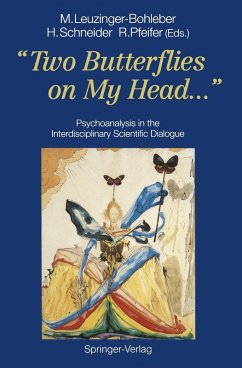In psychoanalysis as in most other fields of science, English is the in ternationallanguage. Not being a native speaker of English, one is confronted with much higher barriers when communicating clinical observations and theoretical reflections. Thus, in the early 1960s, Ulrich Moser raised (in German!) some fundamental questions con cerning the methods, theories, and philosophy of science of psycho analysis, questions that became a topic of discussion in the English speaking psychoanalytic community more than a decade later (see, e. g. , the "theory crisis" in psychoanalysis). Now, three of us, who pre viously worked at Moser's institute in Zurich, have decided to dedi cate this English book on psychoanalytic research to Ulrich Moser, supplementing the collection of papers now being published by him and Ilka von Zeppelin. This is not only intended to be an acknowl edgement of his achievements in psychoanalytic thought but also an illustration of the kind of interdisciplinary research that he directly or indirectly initiated, both in clinical psychoanalysis (part I of the book) and in empirical psychotherapy research (part II). In working on this project we ourselves encountered the language barrier mentioned above. Without the competent, careful, and friend ly help of Mrs. Katharina Goodwin, a translator who was willing to embark on the adventure of entering into a new field of thought and translated most of our German manuscripts, this book could not have been published. Dr.
Dieser Download kann aus rechtlichen Gründen nur mit Rechnungsadresse in A, B, BG, CY, CZ, D, DK, EW, E, FIN, F, GR, HR, H, IRL, I, LT, L, LR, M, NL, PL, P, R, S, SLO, SK ausgeliefert werden.


